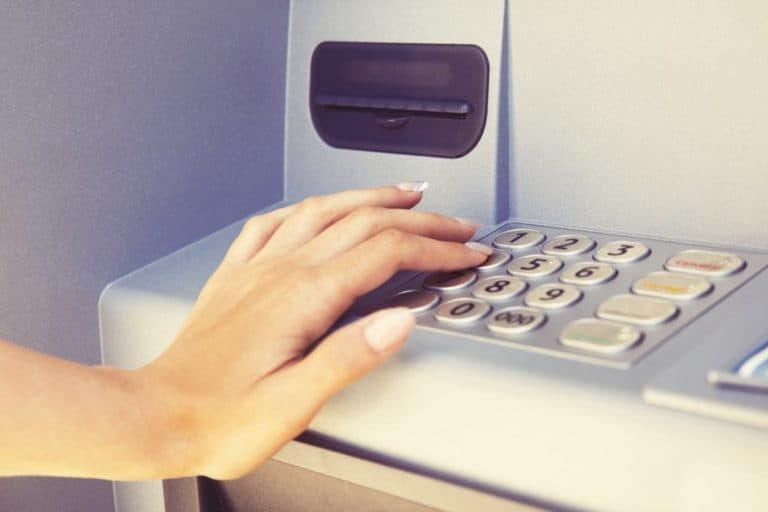NEC has started a collaboration with the large Taiwanese bank E.Sun to create ATMs that allow customers to withdraw money with facial recognition. That’s what ZDNet reports. According to the two companies, this is the first time that face recognition has been used in such machines.
The intention is that customers can withdraw money by verifying themselves with facial recognition and a PIN code. For this they have to go through a setup process first. Customers must first enter their debit cards and have a picture taken of their face with the camera in the vending machine. They then receive a one-time password on their mobile phone that must be entered into the machine within a minute. Then their faces were registered.
The system offered by NEC uses NeoFace, the company’s artificial intelligence engine for facial recognition. “NEC focuses on the Social Solutions Business and we want to use this performance to create a safe community,” said Takashi Yoshida, general manager of Safe City Solutions at the company. The automats are already installed and can be used in five locations in Taiwan.
Other projects
NEC previously installed facial recognition technology at Narita International Airport in Japan. There, an “electronic procedural gate” was installed at customs, which passengers have to pass through after passing through immigration.
The company has also rolled out a network of 400 cameras with facial recognition capabilities in Georgia. There are also contracts with the South Australia Police, Northern Territory Police and CrimTrac, among others.
In addition, NEC focuses on 5G. During the Mobile World Congress in Barcelona, for example, it demonstrated base station radio units. These are small, low-power units that are “ideal for 5G conditions”, according to the company. Last year, the company announced the launch of a partnership with Samsung in the area of 5G. By doing so, they want to bring together the best of technology and the expertise of 5G, in order to expand their offer.
This news article was automatically translated from Dutch to give Techzine.eu a head start. All news articles after September 1, 2019 are written in native English and NOT translated. All our background stories are written in native English as well. For more information read our launch article.